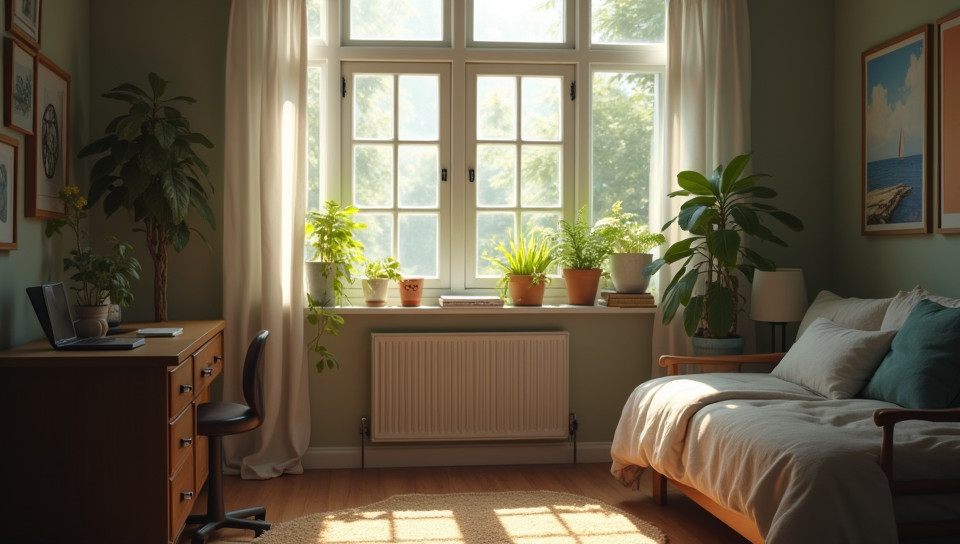Lack of natural light greatly affects cognitive function 72%

The Dark Truth About Natural Light and Cognitive Function
As we go about our daily lives, it's easy to take natural light for granted. We flip on the lights in our homes, offices, and cars without a second thought, but what if I told you that this habit is actually doing more harm than good? The lack of natural light has a profound impact on our cognitive function, affecting everything from mood and energy levels to productivity and memory.
What Happens When We Don't Get Enough Natural Light?
When we don't get enough natural light, our bodies are deprived of the vital nutrients that come with it. Natural light exposure triggers the release of neurotransmitters like serotonin and dopamine, which play a crucial role in regulating our mood and emotional state. Without sufficient sunlight, these chemicals can become imbalanced, leading to feelings of fatigue, anxiety, and depression.
The Impact on Cognitive Function
But natural light's effects on cognitive function go far beyond just our mood. Research has shown that prolonged periods of low natural light exposure can lead to:
- Decreased productivity and focus
- Impaired memory and learning
- Reduced creativity and problem-solving skills
- Increased risk of seasonal affective disorder (SAD) and other mental health conditions
The Benefits of Natural Light Exposure
So, what can we do to mitigate the negative effects of a lack of natural light? The answer is simple: get outside. Even short periods of natural light exposure have been shown to improve cognitive function and overall well-being. Here are some tips for incorporating more natural light into your daily routine:
Strategies for Increasing Natural Light Exposure
While it's impossible to replicate the full effects of natural sunlight indoors, there are ways to bring a little bit of the outdoors inside. Consider using: * Full-spectrum lighting or LED bulbs that mimic natural daylight * Skylights or larger windows to let in more natural light * Light therapy lamps specifically designed for SAD and other conditions
Conclusion
The relationship between natural light and cognitive function is clear: when we don't get enough sunlight, our brains suffer. By making a few simple changes to our daily routines and incorporating more natural light into our lives, we can improve our mood, increase our productivity, and even boost our creativity. So next time you're feeling sluggish or stuck, take a step outside – your brain will thank you.
- Created by: Henry Richardson
- Created at: Nov. 12, 2024, 11:20 a.m.
- ID: 15743








